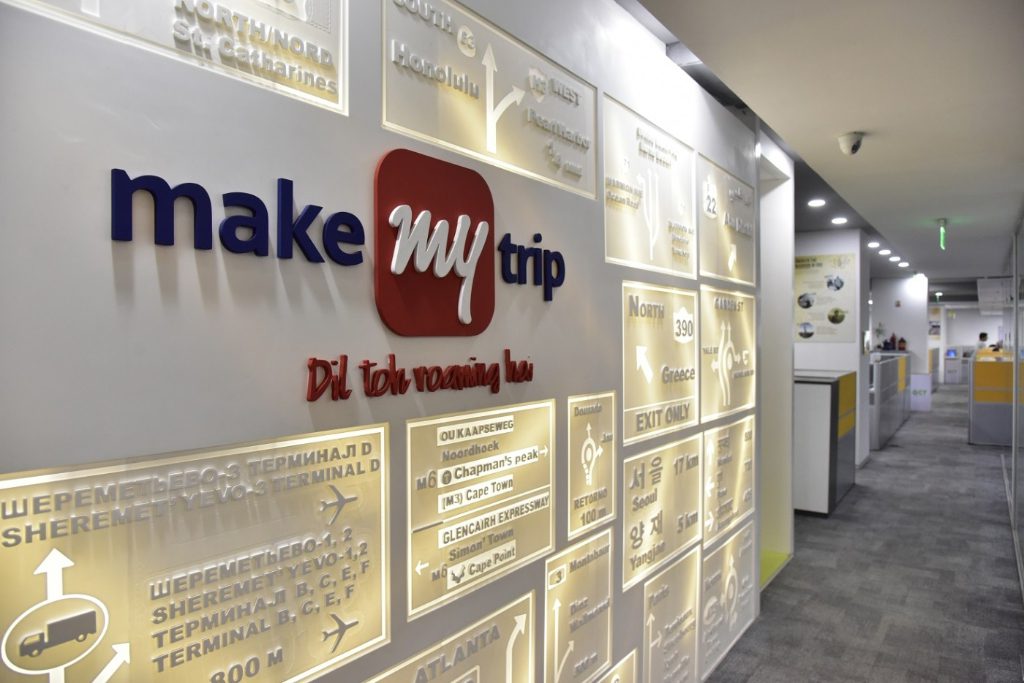India's MakeMyTrip Rewards Exec for Loyalty Work With Group CEO Promotion

Skift Take
Longtime leader and co-founder Deep Kalra will remain critical at the company in a newly created role of executive chairman. The change in job titles is a reward for co-founder Rajesh Magow's years of work leading the India business. Both executives have pushed hard on a subscription model, one of Skift's Megatrends for 2020.
MakeMyTrip Group has elevated Rajesh Magow, co-founder and CEO of its India business, to the role of group CEO, where he'll oversee its leading brands, MakeMyTrip, Goibibo, and Redbus, the company said on Tuesday.
Co-founder Deep Kalra is rising from group CEO to the newly created role of group executive chairman. Kalra will help oversee product innovation and expansion, geographic growth, business model innovation, and corporate development for India's largest online travel company.
MakeMyTrip Group announced the leadership moves at the same time as its financial results for the 2020 fiscal third quarter, which

